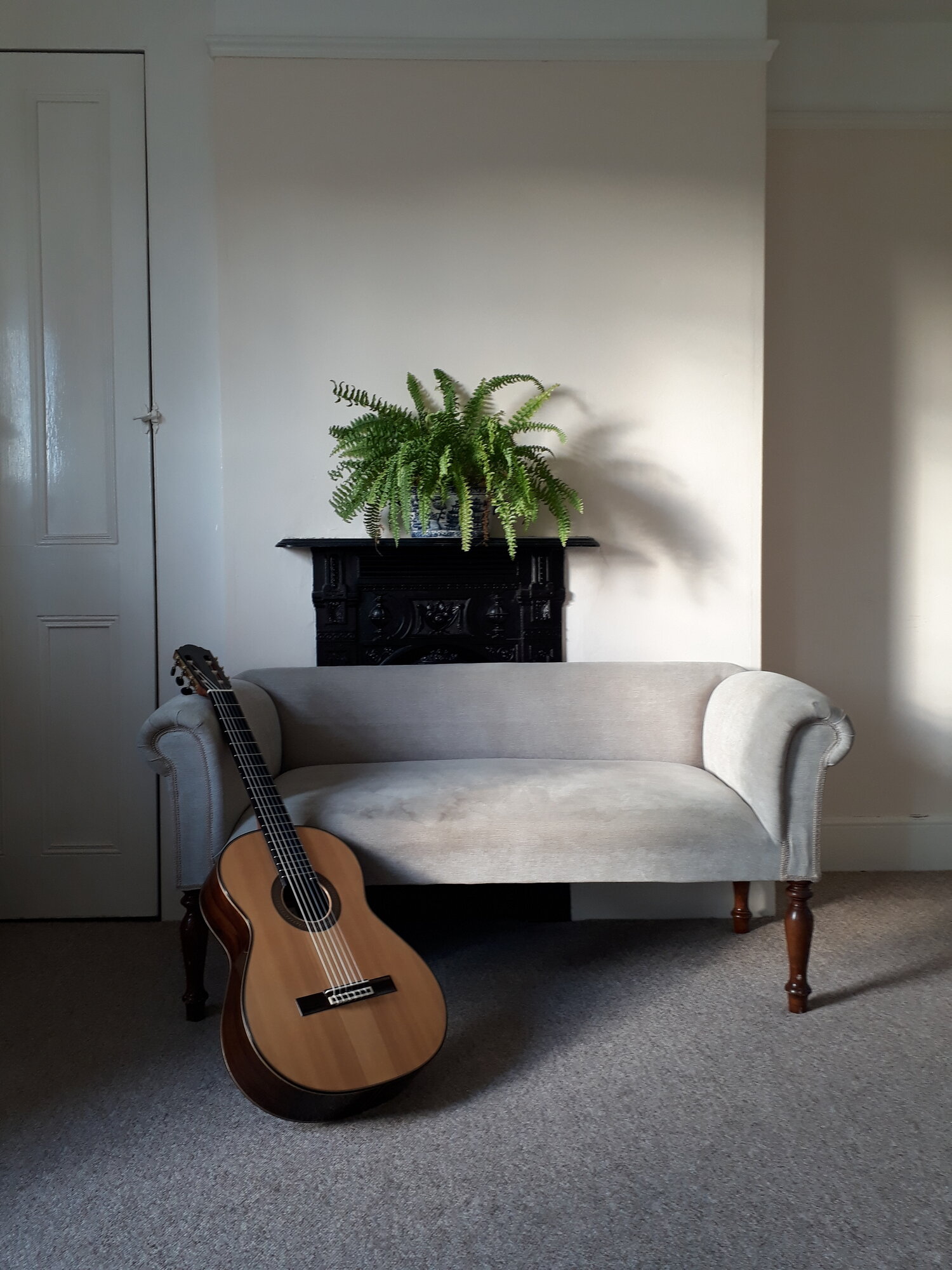In the day to day of a music studio, we’re sure to encounter a particularly noxious emotional substance.
Frustration is a natural part of learning. A concept or a technique eludes us, despite our efforts: we slam the lid, go for a walk, turn on the TV. Mostly we can come back in an hour or so, but when our frustration is left unaddressed for too long, or when the stakes feel high, it can develop into a very real problem - a toxin that can poison our learning for good.
Frustration arises from a sense that something that we feel should be a non-issue is obstructing us. The sense of insignificance is important: mostly, we wouldn’t feel frustration towards recognisably difficult skills like rocket science or the perfect soufflé. As a result, it’s not likely to assail us as total initiates: crucially, it tends to strike just as we feel we are getting somewhere.
In the context of the music lesson, our frustration is magnified because - as always with learning music - our emotional reality is on the line. Feeling able to effectively articulate our internal world is the most important need of a human being. The sense that something so paltry as moving our fingers (or tongue) could cage us in, is the stuff of nightmares.
The answer to this problem lies in an unusual word: humility. It connotes so easily to a resentful kind of puritanism that we forget its helpful truth: humility is, in essence, a frank acceptance of the magnitude before us.
The mythos of romanticism is very keen on individual genius, and bombards us with stories of innately talented musicians breezily knocking off amazing feats. For a young musician starting out in a brutally competitive industry, it can feel that there are only two options: be a genius, or go home. It’s a cruel story. We don’t hear often enough that the genius of Mozart and Bach was matched by their workloads (Mozart’s whole childhood was a music lesson).
Mauro Giuliani was the most brilliant guitarist of the 19th century. His accomplishments are outstanding; his superbly virtuosic compositions are what tend to find their way onto our music stands. But turn for a moment to his opus 1, Study for the guitar: hundreds of boring drills, tediously worked out and laboriously trained in. This is a far more accurate portrait of progress. Giuliani was a genius, but when he set out to achieve perfection, he was aware of the magnitude of the task.
We deserve to be similarly humble in the face of our endeavours. We are aiming at a remarkably challenging skillset, hotwired to what is by definition our touchiest topic. If a teacher knows what they are about, they will learn to spot the tells of frustration and gently provide this encouragement: nobody is born with an instrument. Only a sadist would nurse it.
